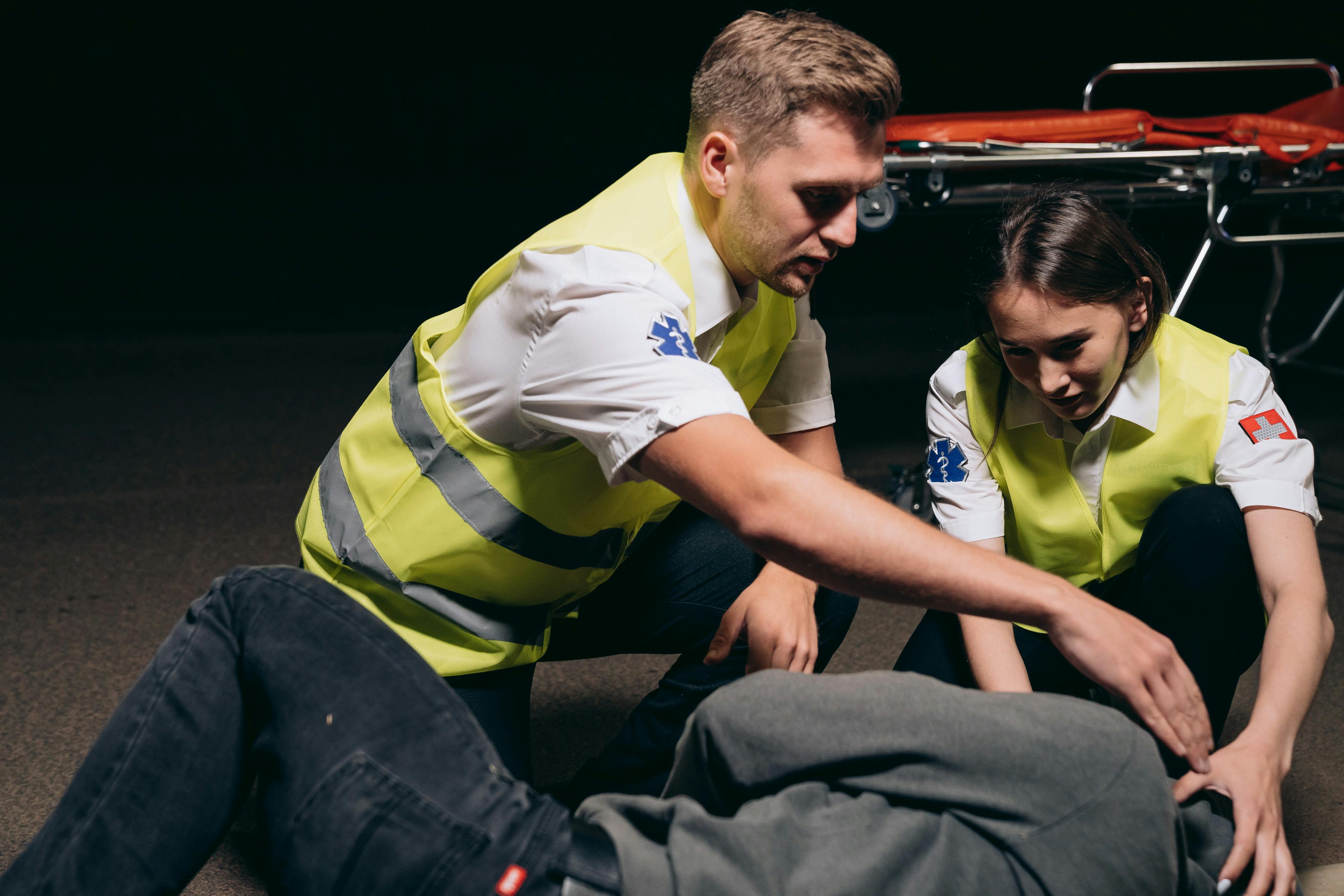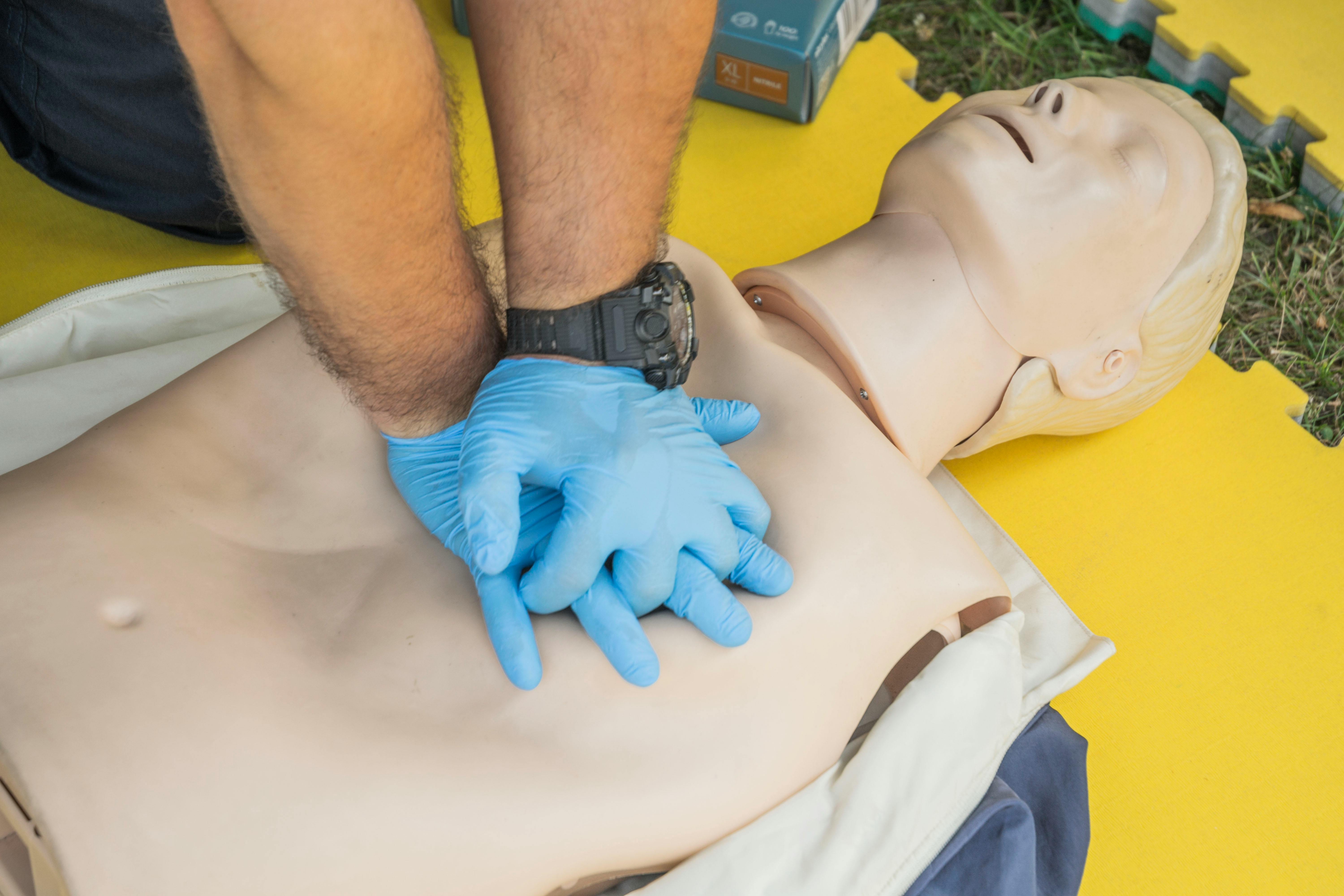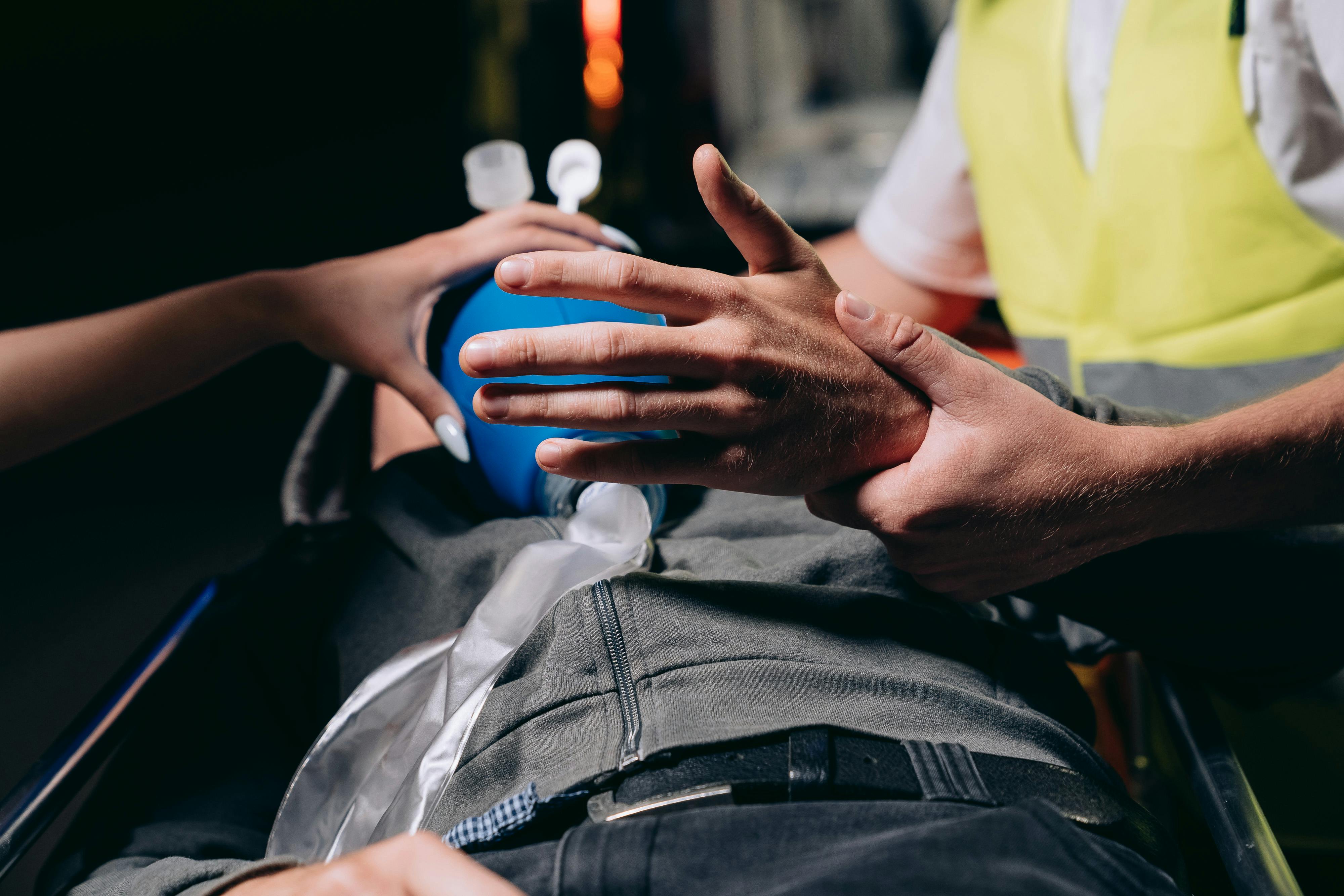Our Courses
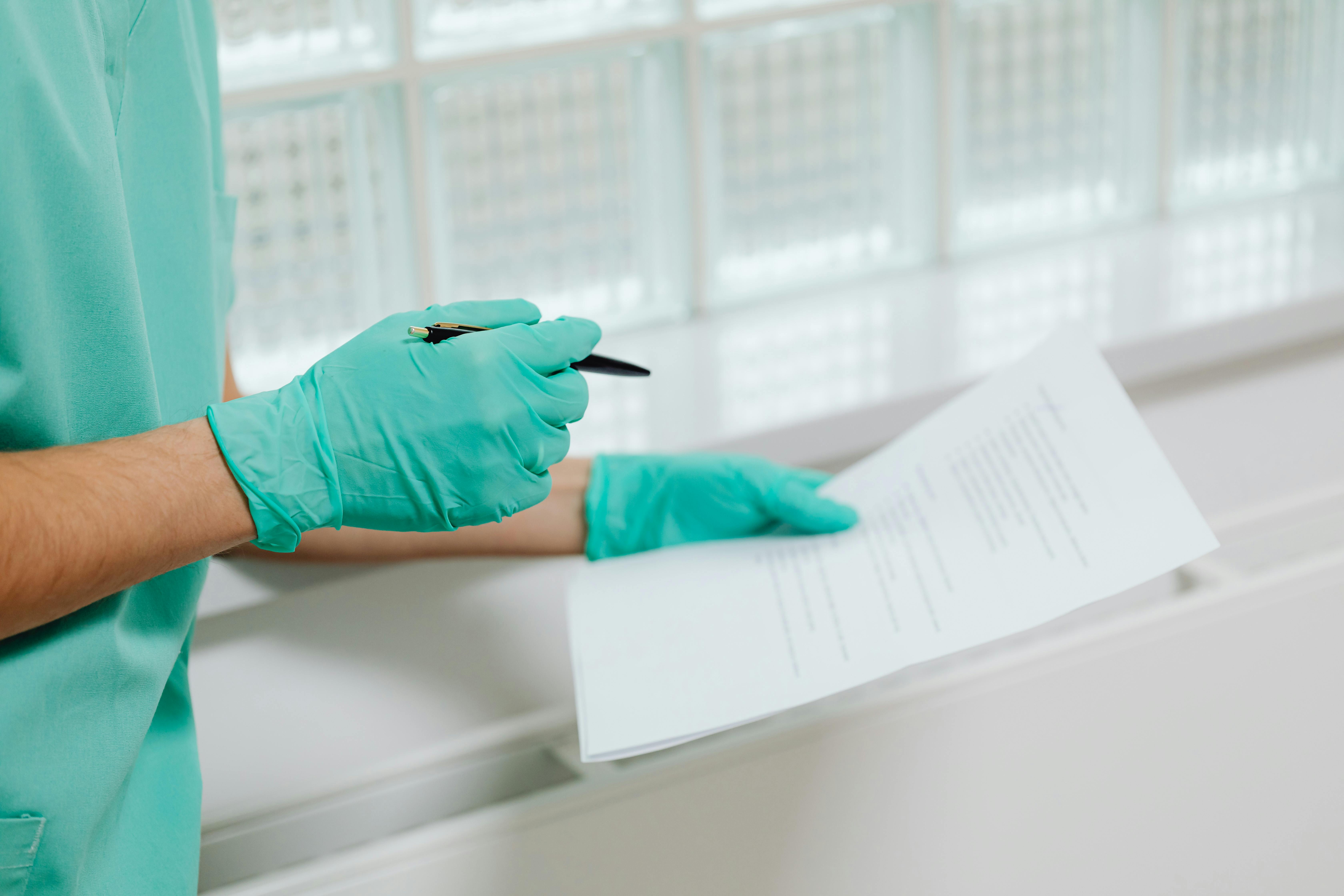
Certified Medical Assistant
The curriculum provides training in a variety of administrative and clinical tasks to facilitate the work of the physician. Administrative duties include patient communication, computer skills and record keeping. Clinical duties include assisting with examinations, treatments, diagnostic testing, patient education, and preparation and administration of medications.
Nurse Aide & CPR
The Nurse Assistant Certificate Program prepares students for employment in long -term care facilities, home health agencies, and hospitals where basic bed side nursing care is needed. Classroom instruction includes an introduction to healthcare, infection control, basic nursing skills, body structure and function, and the job seeking process, within an introduction to computer skills, as it relates to the health care industry.
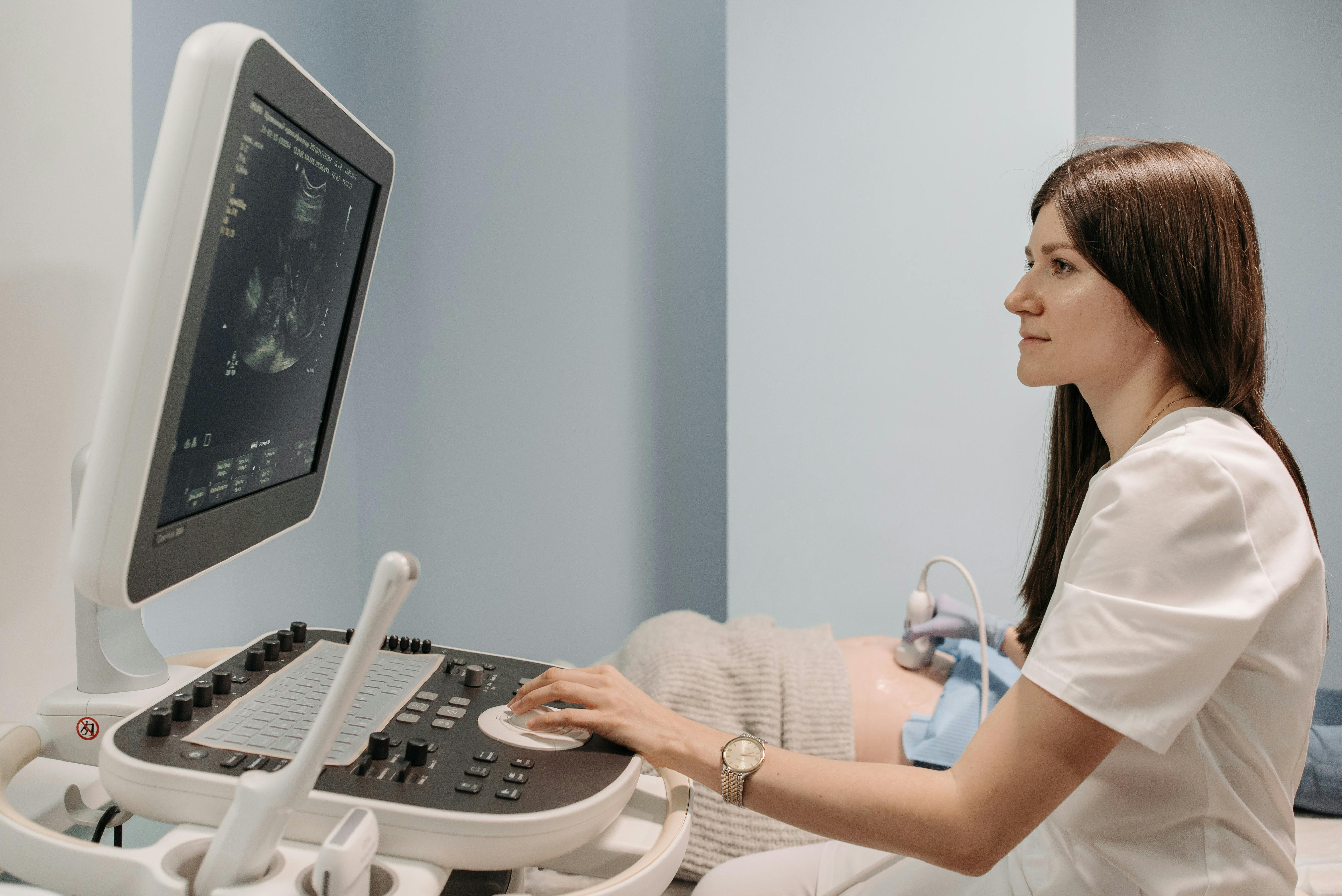
Patient Care Technician with Computer Fundamentals
The program prepares students for entry-level positions in hospitals, nursing homes, home health agencies, and other medical facilities. Training includes essential skills for roles such as nursing assistants, home health aides, patient care assistants, electrocardiograph aides, phlebotomists, and allied health assistants, ensuring they are equipped for various healthcare settings.
Phlebotomy Technicians & CPR
This course is an introductory course to teach students basic phlebotomy skills and the proper preparation, labeling, and transportation of specimens to the laboratory. It will also discuss the different tubes used for collecting blood specimens and the correct order in which these specimens are collected. The collection and handling of non-blood specimens will also be discussed. The student will be taught manual skills in performing Venipuncture and dermal punctures safely.
EKG Technicians & CPR
EKG Technician involves the study of the principles of basic and advanced electrocardiography to prepare the technician to perform non-invasive cardiac testing procedures in a healthcare setting under the supervision of a nurse or physician. It includes basic anatomy and physiology with emphasis on the cardiovascular and respiratory systems, interpretation of basic electrocardiograms, the different types of Arrhythmias, as well as interpretation of the EKG tracings of life-threatening Arrhythmias
Register Now
To start living a beautiful and meaningful life


